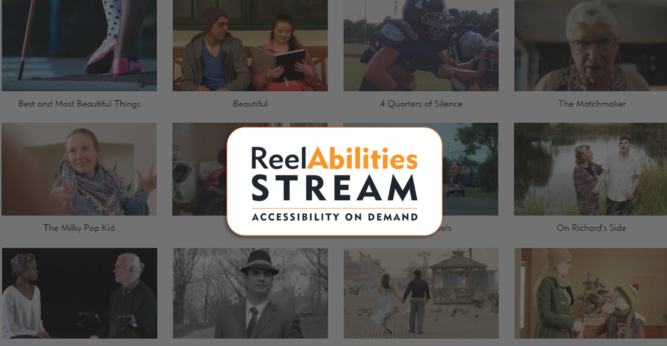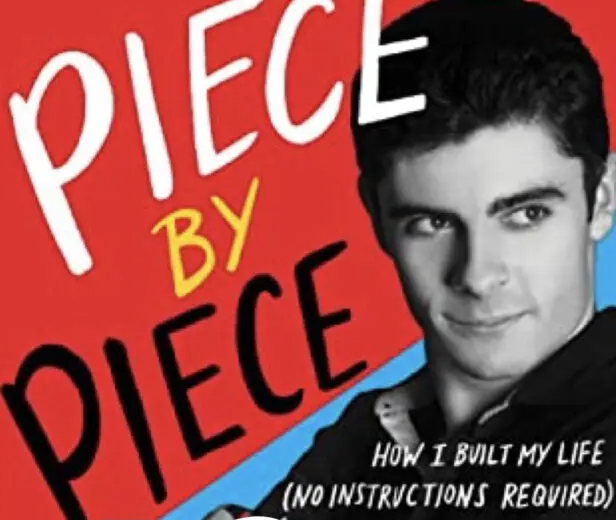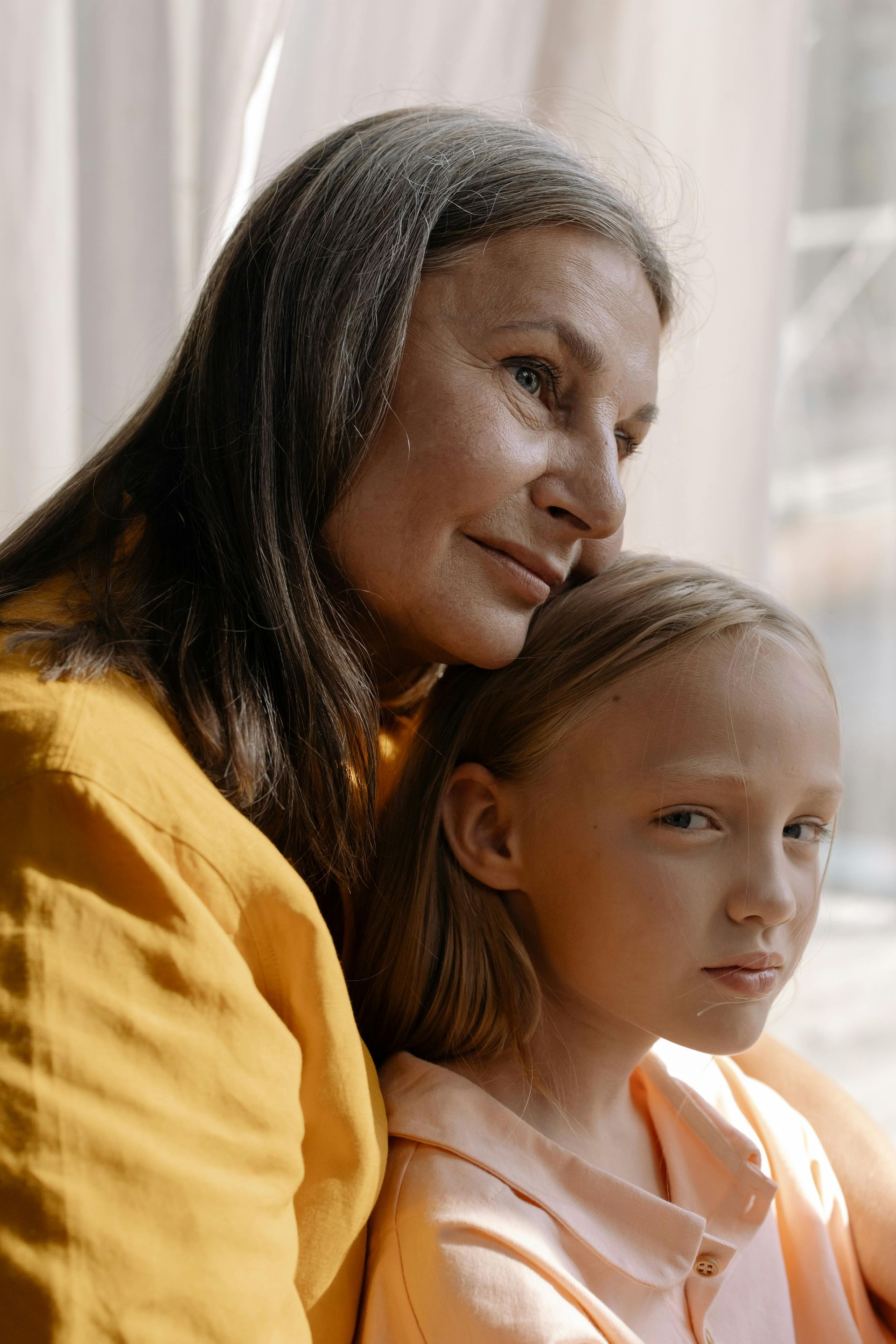Blog Layout
Interprofessional Care in Retirement Communities
Source: Taylor & Francis Online / Tina R. Kilaberia / 03/07/2022
Teamwork is an aspiration in the delivery of interprofessional care to older adults, but how does it play out in residential settings that combine independent living, assisted living, and skilled nursing care? This study investigated teamwork as an organic part of a retirement and assisted living community immersed in mission-driven care.
To continue reading this article, please click here > > > >

April 11, 2025
The average military child changes schools three times more than their civilian counterparts, causing disruption to their academic development as well as their emotional health. These challenges are exponentially more difficult for military families with children with special needs, who must navigate the ever-changing military lifestyle and complicated special education system. Since the nonprofit Partners in PROMISE began surveying military special education families a few years back, they have confirmed these families are in crisis. And although there are federal and state laws protecting special education students, military families report that some schools are violating these laws.

April 10, 2025
The entertainment market is fairly saturated when it comes to viewing options. According to a Consumer Reports survey conducted in early 2023, more than half of American households subscribe to four or more streaming services, like AppleTV, Amazon Video, Disney+, Netflix and Max, among others; and almost 1-in-10 subscribe to nine or more. As it turns out, content consumers are willing to give yet another digital channel a chance. ReelAbilities Stream is the first-of-its-kind streaming platform dedicated to a collection of disability-themed films and presented with pioneering accessibility features.

April 9, 2025
Holly Robinson Peete is famously known for her TV acting roles on 21 Jump Street and Hangin’ with Mr. Cooper, as well as being an original co-host on The Talk. But, especially within the disability community, she’s also recognized as a dedicated disability advocate. Just in time for Mother’s Day, Best Buddies International, a friendship-based nonprofit serving persons with disabilities, is honoring Robinson Peete with their annual ‘Mother of the Year’ award.

April 8, 2025
Approximately 10 percent of Amazon’s worldwide revenue comes from book sales, according to statistics reported by WordsRated.com. That equates to a whopping $28 billion! Many bookworms purchase hardcopies, paperbacks, audiobooks and Kindle books from the popular e-commerce giant. But, now for a limited time only, Amazon is offering readers one free Kindle book from a list of ten diverse titles, including a disability e-book.

April 7, 2025
Autism spectrum disorder (ASD) is a neurodivergent condition that can make aspects of daily life more challenging — when compared to those without ASD or other disabilities. Because ASD typically causes social, behavioral and communication differences, many autistics may feel limited when it comes to securing gainful, fulfilling employment, and especially so if and when hiring managers appear to be put off by autistic mannerisms or the concept of accessible accommodations.

April 3, 2025
The purpose of this study was to gather descriptions from caregivers and providers of children with special healthcare needs (CSHCN) about their experiences with community reintegration. This study focused on three community support areas: the healthcare structure, community of support, and school systems. The research question was, “How do caregivers and providers of CSHCN describe reintegration into community-based systems?”

April 2, 2025
Smart Therapy Center LLC in Minneapolis and Star Autism in St. Cloud were raided on Thursday. A search warrant reveals that the investigation into Early Intensive Developmental and Behavioral Intervention (EIDBI) providers was sparked when possible evidence indicating Medicaid fraud was uncovered during the investigation into Feeding Our Future, the nonprofit at the center of a $250 million federal pandemic child nutrition fraud.

April 1, 2025
Charisma Mangahas, who has Guillain-Barré syndrome and uses a tracheostomy tube (also called a trach tube) to help her breathe, spoke out about her experience being denied the service and offered Disney an alternative option to having employees assess guests' health conditions individually. She shared her idea in a TikTok video posted in late June that has gotten over 1.7 million views.
To continue reading this article, please click here > > > >
PHED Mobility LLC
55335 Corwin Road
Elkhart, IN 46514
Phone
(574) 226-4104
Please view PHED Mobility's Google reviews by clicking on the Google icon above.
PHED Mobility LLC is a Service -Connected Disabled Veteran Owned Small Business.

April 11, 2025
The average military child changes schools three times more than their civilian counterparts, causing disruption to their academic development as well as their emotional health. These challenges are exponentially more difficult for military families with children with special needs, who must navigate the ever-changing military lifestyle and complicated special education system. Since the nonprofit Partners in PROMISE began surveying military special education families a few years back, they have confirmed these families are in crisis. And although there are federal and state laws protecting special education students, military families report that some schools are violating these laws.

April 10, 2025
The entertainment market is fairly saturated when it comes to viewing options. According to a Consumer Reports survey conducted in early 2023, more than half of American households subscribe to four or more streaming services, like AppleTV, Amazon Video, Disney+, Netflix and Max, among others; and almost 1-in-10 subscribe to nine or more. As it turns out, content consumers are willing to give yet another digital channel a chance. ReelAbilities Stream is the first-of-its-kind streaming platform dedicated to a collection of disability-themed films and presented with pioneering accessibility features.

April 9, 2025
Holly Robinson Peete is famously known for her TV acting roles on 21 Jump Street and Hangin’ with Mr. Cooper, as well as being an original co-host on The Talk. But, especially within the disability community, she’s also recognized as a dedicated disability advocate. Just in time for Mother’s Day, Best Buddies International, a friendship-based nonprofit serving persons with disabilities, is honoring Robinson Peete with their annual ‘Mother of the Year’ award.
© 2025
All Rights Reserved | PHED Mobility LLC

